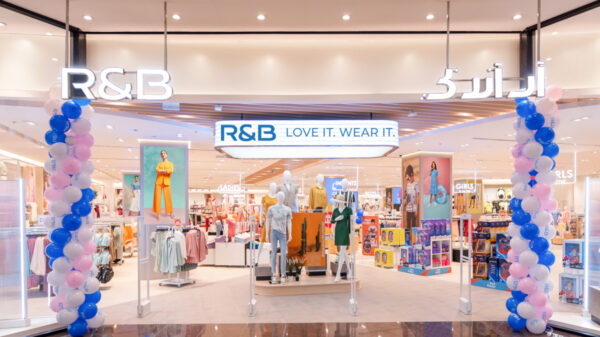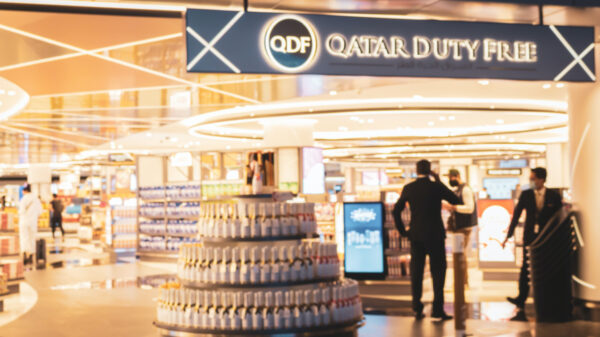Nearly six in 10 retailers worldwide plan to adopt artificial intelligence (AL), machine learning (ML) and computer vision (CV) tools over the next year to enhance the shopping experience, according to a new survey by US-based consumer technology company Honeywell.
The research indicates that retailers see these instruments as a means to augment and maximise their workforce within stores and online rather than to replace employees, finds the report that surveyed 1,000 retail directors across the Middle East, the US, Europe and Africa.
Approximately half (48 per cent) of respondents identified AI, ML and CV as the top technologies expected to have a significant impact on the retail industry over the next three to five years.
Vice president and general manager for high growth regions, safety and productivity solutions at Honeywell, Minda Xu, said: “In the Middle East’s fast-developing retail environment, there is greater attention on the customer experience along with the increased need to innovate in a hyper-competitive environment.
“New technologies like AI, ML and CV have the potential to enable retailers to deliver personalized experiences, optimise operations, improve inventory management and prevent fraud – all of which enhance customer satisfaction and can lead to increased sales and profitability.”
Previously, IBM Institute discovered that 61 per cent of surveyed CEOs in the Middle East that believe AI can boost their companies’ results in the coming years.
The Middle-East retail industry is forecast to grow at a compound annual growth rate of four per cent from $ 360.4 billion in 2020 to $ 438.5 billion in 2025.
AI to enhance customer experience
The convenience of online purchasing with fast delivery and curated in-store shopping options have raised consumers’ expectations. As a result, surveyed retailers said they are highly motivated to implement new technologies that help them achieve their goals. The top three reasons leaders gave for deploying new technologies included: improving customer experience (59 per cent), driving greater productivity (49 per cent) and achieving cost efficiencies/return on investment (44 per cent).
The respondents expect AI, ML and CV to l bring the msot value to four key functions in retail: automating and supporting day-to-day tasks, such as picking and scheduling; supporting customer service, including live chat, for digital channels; creating targeted customer marketing campaigns and improving inventory management.
However, respondents also identified three key barriers to the widespread adoption of such technologies – budget restrictions (39 per cent), difficulty in demonstrating business value (29 per cent) and lack of internal expertise to maintain the technology (21 per cent)
“The importance of attracting and keeping customers and employees has never been greater,” added Ms Xu.
“As AI continues to evolve, expect an exciting future where innovative technologies unlock new levels of efficiency, engagement and satisfaction in retail.”













